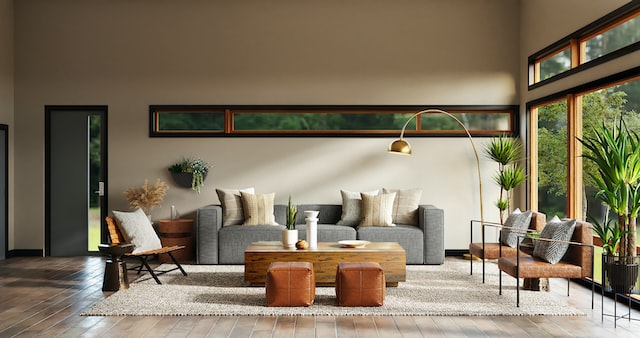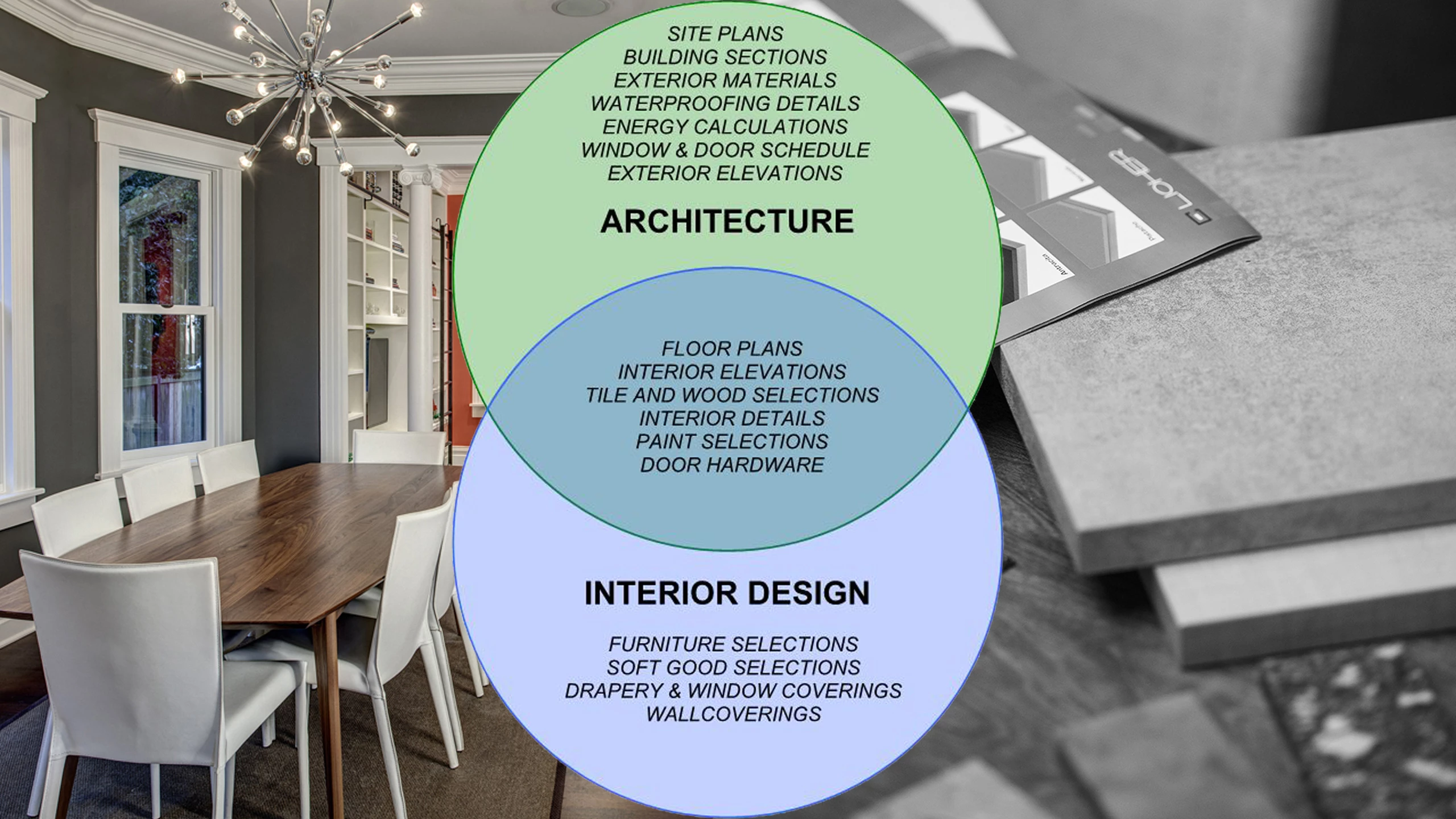The Art of Equilibrium: How Interior Design and Home Designer Collaborate for Stunning Results
In the realm of home layout, striking an equilibrium between visual appeals and performance is no small accomplishment. This fragile balance is attained with the unified cooperation in between indoor developers and engineers, each bringing their distinct know-how to the table. The result? Spaces that are not just aesthetically magnificent yet also incredibly comfortable. This ideal mix is not constantly very easy to attain. Remain with us as we explore the intricacies of this collaborative procedure and its transformative influence on home design.
Understanding the Core Distinctions In Between Interior Decoration and Home Design
While both Interior Design and home style play vital duties in producing aesthetically pleasing and functional spaces, they are naturally different self-controls. Home design primarily concentrates on the structural aspects of the home, such as building codes, safety guidelines, and the physical building and construction of the space. It handles the 'bones' of the framework, dealing with spatial measurements, bearing walls, and roof styles. On the other hand, Interior Design is much more concerned with enhancing the visual and sensory experience within that structure. It includes selecting and organizing furniture, choosing color pattern, and incorporating decorative elements. While they operate in tandem, their roles, responsibilities, and areas of experience split significantly in the development of an unified home environment.
The Synergy In Between Home Design and Interior Decoration
The synergy in between home design and Interior Design hinges on a shared vision of layout and the enhancement of useful visual appeals. When these 2 fields align harmoniously, they can transform a space from average to extraordinary. This partnership calls for a deeper understanding of each discipline's concepts and the capacity to develop a natural, cosmetically pleasing atmosphere.
Unifying Layout Vision
Merging the vision for home design and indoor design can develop a harmonious living room that is both practical and visually pleasing. It advertises a synergistic technique where building aspects enhance interior layout components and vice versa. Hence, unifying the layout vision is essential in blending architecture and interior design for spectacular outcomes.
Enhancing Functional Visual Appeals
Just how does the harmony between home style and interior layout enhance practical looks? Designers lay the foundation with their structural layout, ensuring that the space is reliable and functional. An engineer may design a residence with high ceilings and big home windows.
Significance of Partnership in Creating Balanced Spaces
The cooperation between interior developers and architects is pivotal in developing well balanced spaces. It brings harmony between design and style, bring to life spaces that are not just aesthetically pleasing but also practical. Exploring effective joint techniques can offer insights right into exactly how this harmony can be efficiently attained.
Balancing Layout and Architecture
Balance, an essential element of both indoor design and design, can only truly be accomplished when these two fields work in harmony. This collective procedure results in a natural, balanced style where every component has an objective and contributes to the general aesthetic. Integrating design and style is not just concerning creating gorgeous rooms, but about crafting rooms that work effortlessly for their inhabitants.
Successful Joint Methods

Instance Studies: Successful Assimilation of Style and Design
Examining a number of study, it emerges just how the effective assimilation of Interior Design and style can change a space. The Glass Home in Connecticut, renowned for its minimalistic sophistication, is one such example. Engineer Philip Johnson and indoor developer Mies van der Rohe worked together to develop a harmonious balance in between the interior and the structure, resulting in a seamless circulation from the exterior landscape to the inner living quarters. Another prototype is the Fallingwater Residence in Pennsylvania. Designer Frank Lloyd Wright and indoor developer Edgar Kaufmann Jr.'s collaborative initiatives bring about a stunningly special home that blends with its address natural environments. These study underline the extensive impact of an effective layout and architecture collaboration.

Getting Over Obstacles in Design and Architecture Partnership
In spite of the undeniable advantages of a successful collaboration between Interior Design and style, it is not without its challenges. Interaction concerns can emerge, as both parties may make use of various terms, understandings, and methods in their job. This can cause misunderstandings and hold-ups in task conclusion. An additional major challenge is the harmonizing act of aesthetic appeals and functionality. Designers might focus on architectural integrity and security, while developers concentrate on comfort and style. The integration of these goals can be intricate. Additionally, budget plan and timeline constraints frequently add pressure, potentially causing breaks in the partnership. Efficient communication, mutual understanding, and compromise are crucial to conquer these difficulties and attain a unified and effective cooperation.

Future Trends: The Advancing Relationship In Between Home Architects and Interior Designers
As the world of home layout continues to progress, so does the relationship between engineers and indoor designers. The pattern leans towards an extra integrated and collective approach, damaging without typical functions. Architects are no more only concentrated on structural integrity, but additionally engage in enhancing aesthetic charm - Winchester architect. Alternatively, interior designers are accepting technological facets, affecting overall layout and performance. This advancing synergy is driven by advancements in technology and the growing demand for areas that are not just aesthetically pleasing yet additionally practical and sustainable. The future promises a much more cohesive, ingenious, and adaptive method to home style, as designers and designers useful reference remain to blur the lines, fostering a relationship that really embodies the art of balance.
Verdict
The art of equilibrium in home design is accomplished via the harmonious cooperation between indoor designers and designers. Regardless of difficulties, this collaboration fosters development and technology in style.
While both indoor design and home design play crucial roles in developing aesthetically pleasing and practical rooms, they are naturally different self-controls.The harmony between home design and indoor layout lies in a shared vision of layout and the improvement of practical visual appeals.Linking the vision for home style and indoor design can produce an unified living area that is both useful and cosmetically pleasing. Hence, unifying the layout vision is critical in mixing architecture and interior style for sensational outcomes.
How does the synergy in between home style and indoor layout enhance functional looks? (Winchester architect)